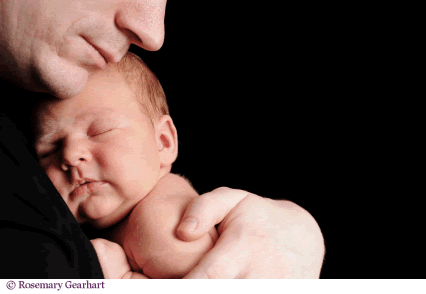
© istockphoto
Researchers from the Institute of Prevention Research at the Keck School of Medicine of the University of Southern California (USC) found in a recent study that overweight youth were twice as likely to have overweight friends.
“Although this link between obesity and social networks was expected, it was surprising how strong the peer effect is and how early in life it starts,” says lead author Thomas Valente, Ph.D., professor of preventive medicine at the Keck School of Medicine.
The study appears in the August issue of the Journal of Adolescent Health, available online July 20 [continue reading…]
Published: September 25, 2008

Image: iStockphoto
During tough financial times, many people try to demonstrate their value at work by working harder and longer. But, if you don’t also make time to take care of yourself, success may come at a hefty cost: your health.
“Many people feel like they have to push themselves to unhealthy levels in order to succeed. But high-pressure jobs and long hours take a real toll on your immediate and future health,” says George Griffing, M.D., professor of internal medicine at Saint Louis University. [continue reading…]
Published: August 29, 2008

© iStockphoto.com
It’s the opposite of a vicious cycle: Healthy people might be happier, and a new study shows that people who are happy and satisfied with their lives might be healthier.
Moreover, the benefit comes with a quick turnaround time, with greater happiness possibly boosting health in as little as three years.
“Everything else being equal, if you are happy and satisfied with your life now, you are more likely to be healthy in the future. Importantly, our results are independent of several factors that impact on health, such as smoking, physical activity, alcohol consumption and age,” said lead author Mohammad Siahpush, Ph.D. [continue reading…]

A broad study of couples seeking fertility help has shown that men are not immune from the ticking of the biological clock: They become less fertile after the age of 35. Researchers at a French fertility clinic studied over 12,000 couples who sought treatment at the clinic, and found that older men were less likely to conceive a child with their partners, and were more likely to conceive a child that ultimately miscarriedÂ
 Link to : Discover Magazine ro read more




